Category: Scriptures
-
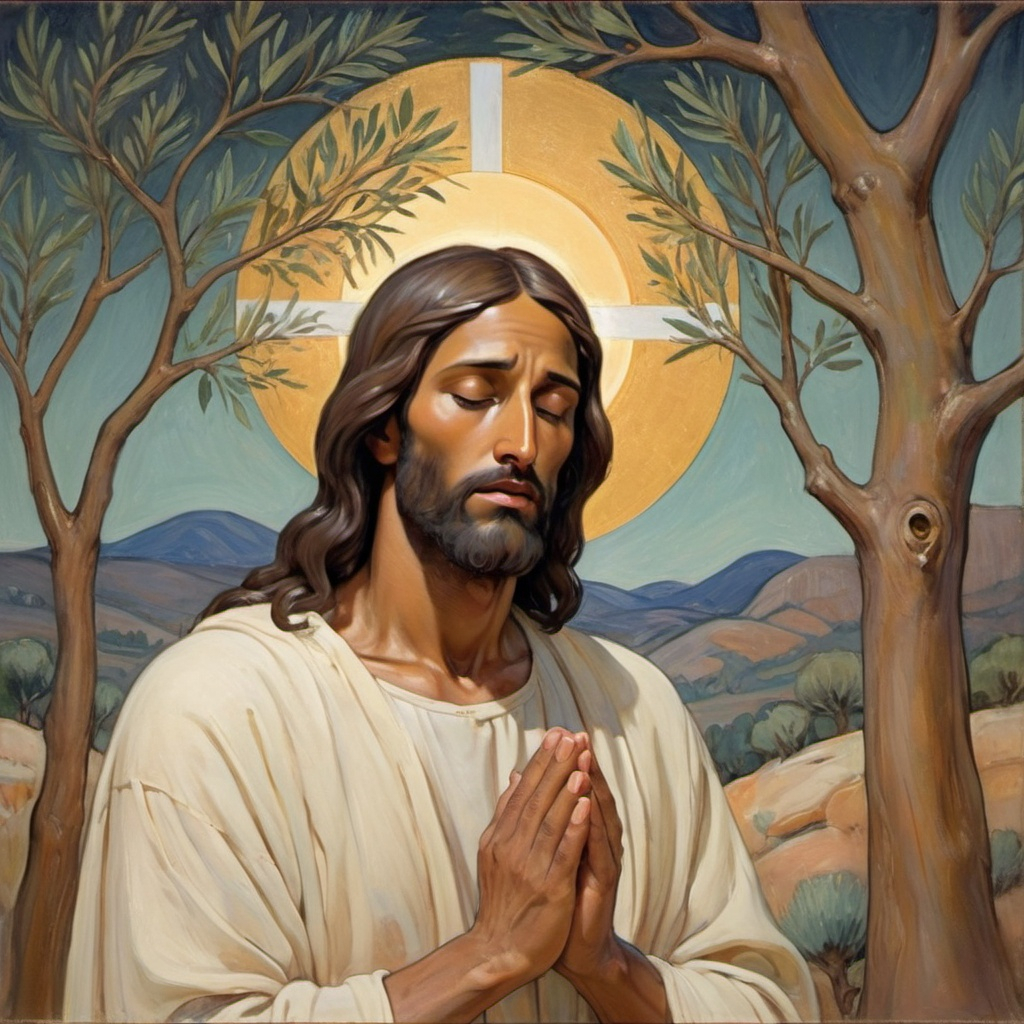
Atonement in the Book of Mormon
The Atonement of Jesus Christ is central to our faith and also central to the message of the Book of Mormon. What exactly, however, does the Book of Mormon say about the Atonement of Jesus Christ? In a recent interview at the Latter-day Saint history blog From the Desk, Nick Frederick discussed Atonement in the…
-
National Treasure – Israel Style
We read in the Hebrew Bible that King Nebuchadnezzar of Babylon came to Jerusalem and “carried off all the treasures of the house of the Lord and the treasures of the king’s house” (2 Kings 24:13). The question of what happened to those treasures afterwards has been a subject of fascination ever since. In a…
-
Missions and memory
People keep asking me for proof that the irritating tics in Mormon writing I’ve mentioned actually exist. In that respect, Taylor Kerby’s post over at BCC is useful in a couple of ways.
-
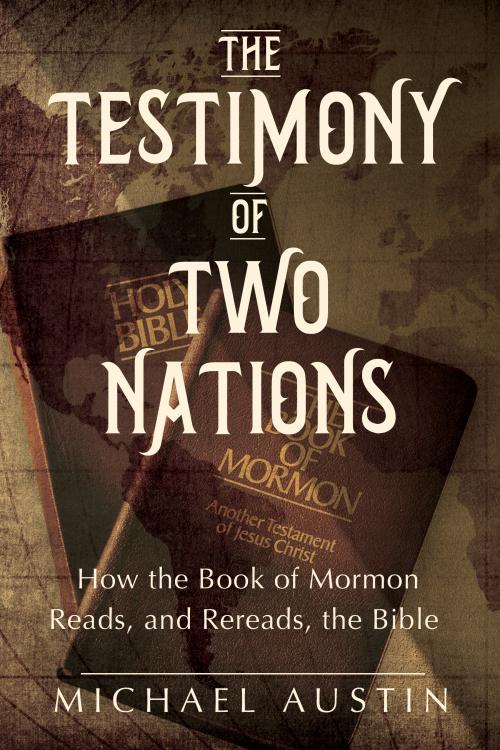
The Testimony of Two Nations: A Review
The Testimony of Two Nations: How the Book of Mormon Reads, and Rereads, the Bible by Michael Austin (University of Illinois Press, 2024) is a delightful and insightful venture into the ways in which the Book of Mormon interacts with the Bible.
-
“I Am” Statements of Jesus in the Book of Mormon
When Moses was called by YHWH, he asked the Lord, “when I come unto the children of Israel, and shall say unto them, The God of your fathers hath sent me unto you; and they shall say to me, What is his name? what shall I say unto them?” In response, YHWH said, “I Am…
-
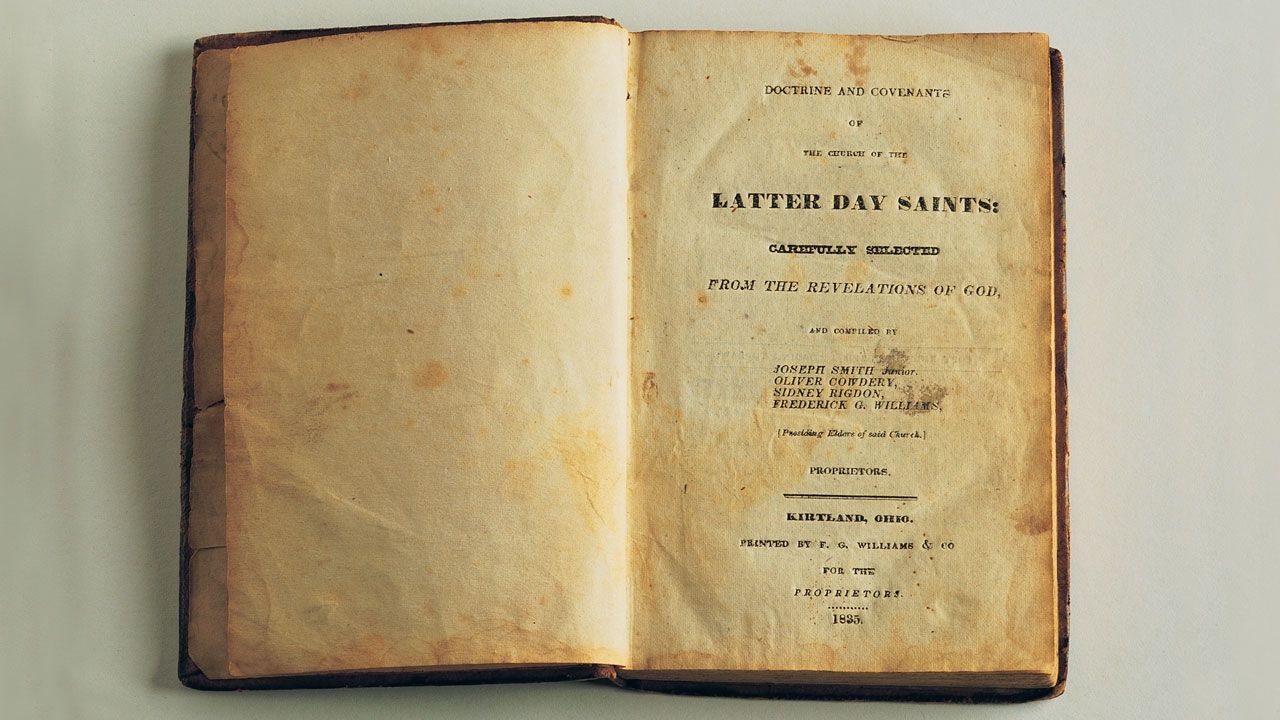
A Book Announcement
I’m excited to announce that I have a book about the Doctrine and Covenants that is scheduled to be published by By Common Consent Press this December!
-

A Word in Season: Isaiah’s Reception in the Book of Mormon (A Review)
A Word in Season: Isaiah’s Reception in the Book of Mormon by Joseph M. Spencer (University of Illinois Press, 11/21/2023) is a scholarly exploration into the interplay between the biblical prophet Isaiah and the narrative fabric of the Book of Mormon
-
Latter-day Saints and Biblical Theology
Interpreting the scriptures is a vital part of the Judeo-Christian tradition. In a recent interview at the Latter-day Saint history blog From the Desk, Joseph Spencer discussed a particular approach to interpreting the Bible—Biblical Theology. In particular, he focused on recent developments in Latter-day Saint Biblical Theology. What follows here is a co-post to the…
-
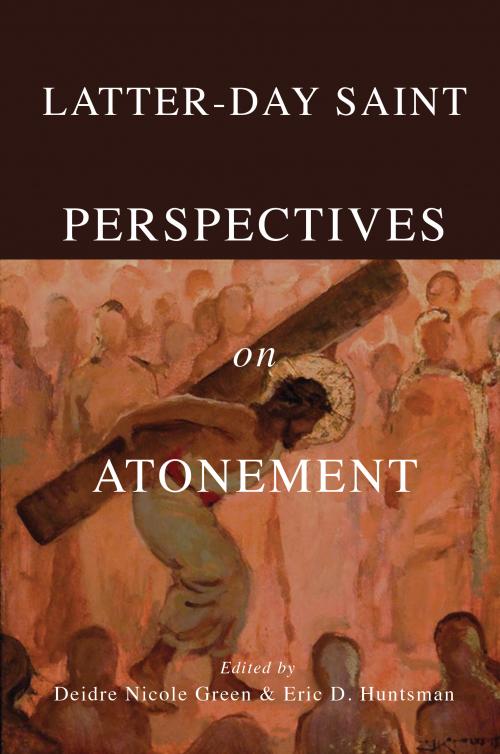
Latter-day Saint Perspectives on Atonement – A Review
Latter-day Saint Perspectives on Atonement is a fascinating journey through the scriptures and teachings of The Church of Jesus Christ of Latter-day Saints about the Atonement of Jesus Christ.
-
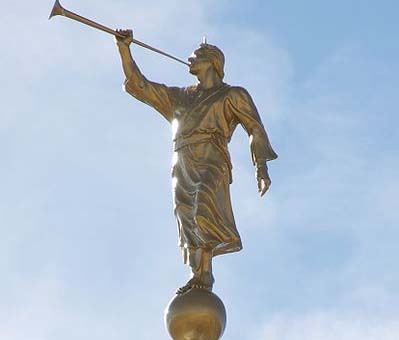
Grant Hardy on the Annotated Book of Mormon
It was a monumental effort to create this version of the Book of Mormon.
-
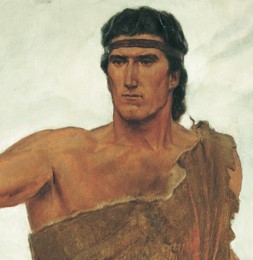
Misinterpreting “Large in Stature”
By Mike Winder When Nephi says he is “large in stature” does that mean he is merely “tall and muscular” or something else? Sometimes in the Bible stature means height, such as “a man of great stature” in 2 Samuel 21:20 speaking of the man born to the giant of Gath.
-
Notes on Revelation
[As I was going through my files, I found this draft that written four years ago. As it has about 24 hours of relevance left, I’m publishing it now. Happy New Year.] When I teach Revelation 1-11 to my youth Sunday School class, I’ll probably start off by saying something about gasoline.
-
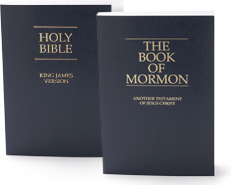
Come, Follow Me: Book of Mormon Resources
As Jonathan has been pointing out in his posts about Reading the Book of Mormon in wartime and Book of Mormon historical revisionism, we are only a few weeks out from starting the next year of the reading cycle. Come, Follow Me 2024, will focus on the Book of Mormon. We’ve had posts and discussions…
-
Book of Mormon historical revisionism
As we study the Book of Mormon next year, there will be suggestions to read between the lines, to resist the surface or official or dominant reading, to see through the authoritative narrative to the unvarnished reality behind it – like the standard works, these suggestions too come around every four years. The instinct is…
-
Reading the Book of Mormon in wartime
Next year, the focus of scripture study in Sunday School and Seminary classes will cycle again to the Book of Mormon. Compared to previous years when the Book of Mormon has been the focus, war will loom larger in the background than it has since at least the 1960s, even including the messy realities of…
-
Premortal Existence, Foreordination, and Abraham
The Book of Abraham, chapter 3 is, in many ways, the most important foundational text for the Latter-day Saint concept of a premortal existence. In it, Abraham is shown his own foreordination to be a leader in God’s work as well as the events of the War in Heaven. In a recent interview at the…
-
Thomas Wayment on the KJV
Why do Latter-day Saints regard the King James Version as the official English translation of the Bible for the Church? It’s a question that has been asked many times by different people, especially since there are translations in modern English that have a better textual basis in Greek manuscripts. In a recent co-post at the…
-
Pure Language and Egyptian Language Documents
One of the articles to have recently been published in the Journal of Mormon Studies that has generated a lot of buzz is about a Pure Language Project and the Grammar and Alphabet documents produced by Joseph Smith and his associates in Kirtland, Ohio. And while the article by Michael MacKay and Daniel Belnap is,…
-
Joseph Smith’s Gold Plates: A Review
Richard Lyman Bushman’s Joseph Smith’s Gold Plates: A Cultural History (Oxford University Press, 2023) is an important contribution to Book of Mormon studies. As a cultural history of the gold plates, the book traces the story of the plates and the translation of the Book of Mormon, reactions to the story and the development of…
-
The ancient owner of the Book of Abraham papyri
Joseph Smith claimed that the Book of Abraham was a translation of some of the papyri he purchased along with some mummies in Kirtland. It is difficult to ascertain the full nature of those papyri since a lot of them burned. But we can learn some about the history of those papyri from the fragments…
-
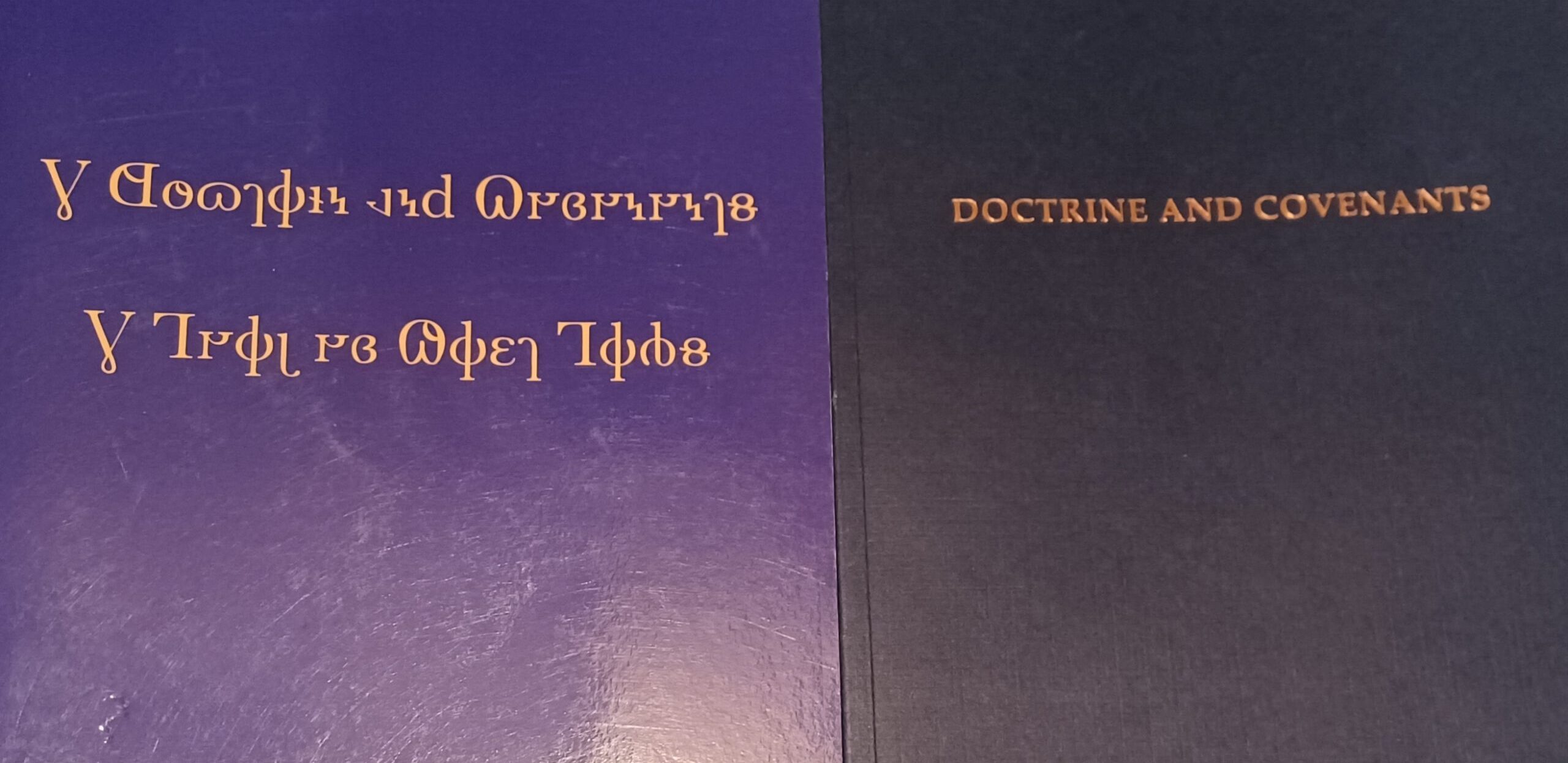
Discussion on Scripture with the Community of Christ
The Community of Christ and The Church of Jesus Christ of Latter-day Saints are sibling churches, both descending from the early Latter Day Saint movement. Since each group went their own way after the death of Joseph Smith in the 1840s, however, they have spent the last 170+ years growing and developing in different ways.…
-
Jesus’s Female Ancestors
Jesus the Messiah was the son of a righteous and godly woman named Mary, through whom he had many ancestors discussed in the Hebrew Bible. Among those were several remarkable women. In a recent interview at the Latter-day Saint history blog, Camille Fronk Olson discussed some of the women in the genealogy of Jesus. What…
-

Mormonism in Mexico, Part 12: Bautista’s Lamanites
While efforts to gather converts from central Mexico failed and the mission in central Mexico closed, there would still be future successes. Among the earliest converts in the 20th century in Mexico, the Bautista family would go on to have an impact on the Church for years to come, including the development of an indigenous-affirming…
-
Idiosyncratic ranking of the “Let’s Talk About” series from Deseret Book
This is, I think, the best thing to come out of Deseret Book in a long while. I somewhat wish these books had existed when I was much, much younger, but the expertise (and, frankly, spiritual maturity of many members) likely didn’t really exist in the right forms until recently. What follows is my totally…
-
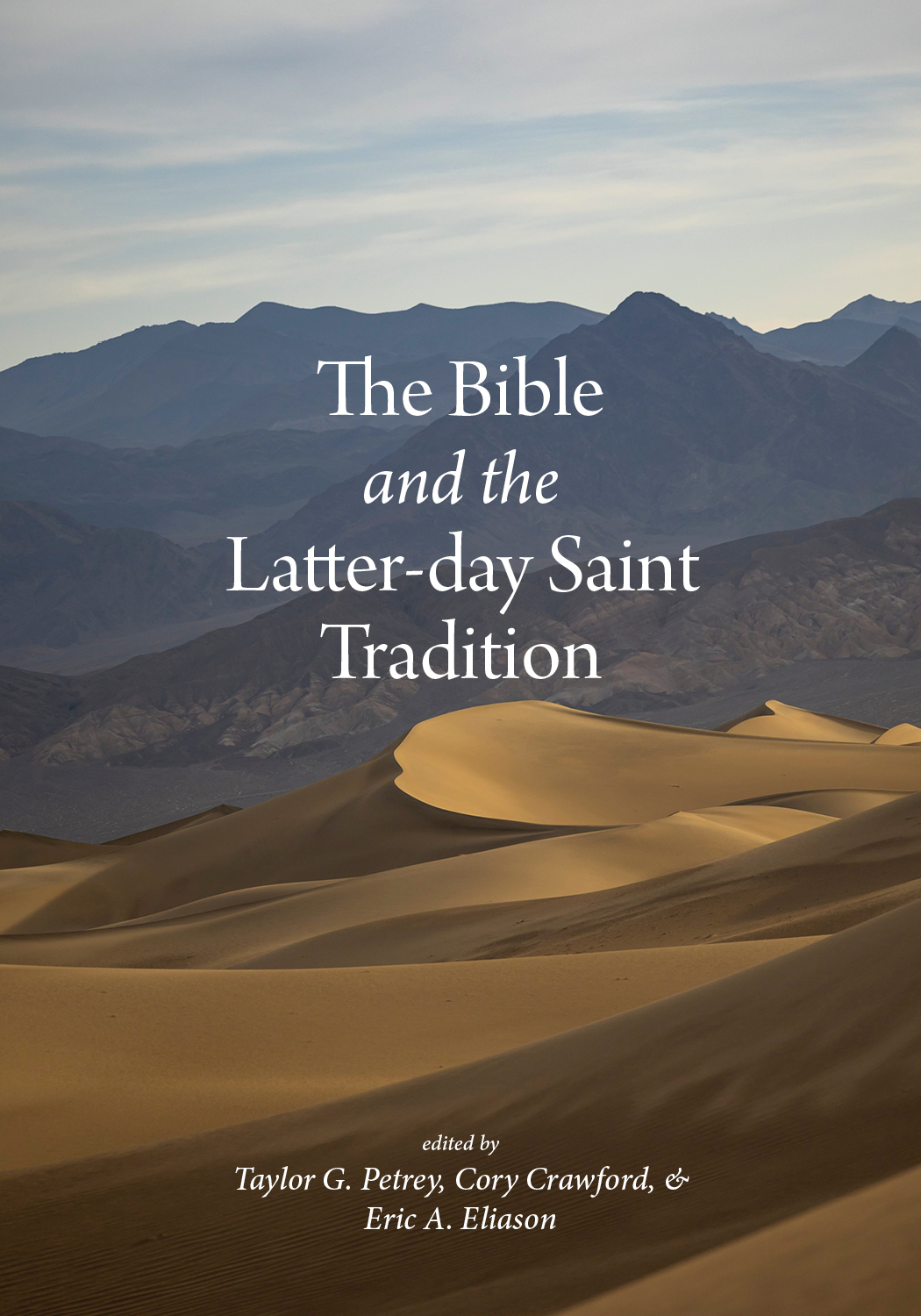
The Bible and the Latter-day Saint Tradition: A Review
The Bible and the Latter-day Saint Tradition, published by University of Utah Press, is an impressive collection of information about Bible studies and how Latter-day Saints interact with the Bible.
-

“Like a wise man who built his house on rock”: A Pioneer Day Homily on Matthew 7:21-27
A sacrament meeting talk given 23 July 2023 At the conclusion of the Sermon on the Mount, St. Matthew recorded that the Lord, Jesus Christ stated: “Not everyone who says to me, ‘Lord, Lord,’ will enter the kingdom of heaven, but only the one who does the will of my Father in heaven. On that…
-
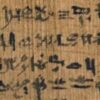
Translation theory won’t decide your polemic argument
One of the recurring irritations of reading apologetic, polemic, or scholarly work in Mormon Studies addressing Joseph Smith’s translations of ancient scripture is that the authors nearly always ignore the perspective of practicing translators and the field of translation studies, instead basing their analyses in simple notions of linguistic equivalence that may still prevail in…
-
Asking Questions About the Book of Mormon
A central question about the Book of Mormon that has been asked over and over again is whether it is an ancient document or a modern one. Despite being asked and answered by so many people, that question is still being argued and fought over and probably will be indefinitely. But what other questions are…
-
Translation or Revelation?
I posted about Book of Abraham translation a couple weeks ago as part of a co-post on an interview with Stephen O. Smoot. This time, we’re looking at a different interview with Michael Hubbard MacKay, who had a different perspective about Joseph Smith’s translation projects. The interview on Book of Mormon translation is over at the…
-
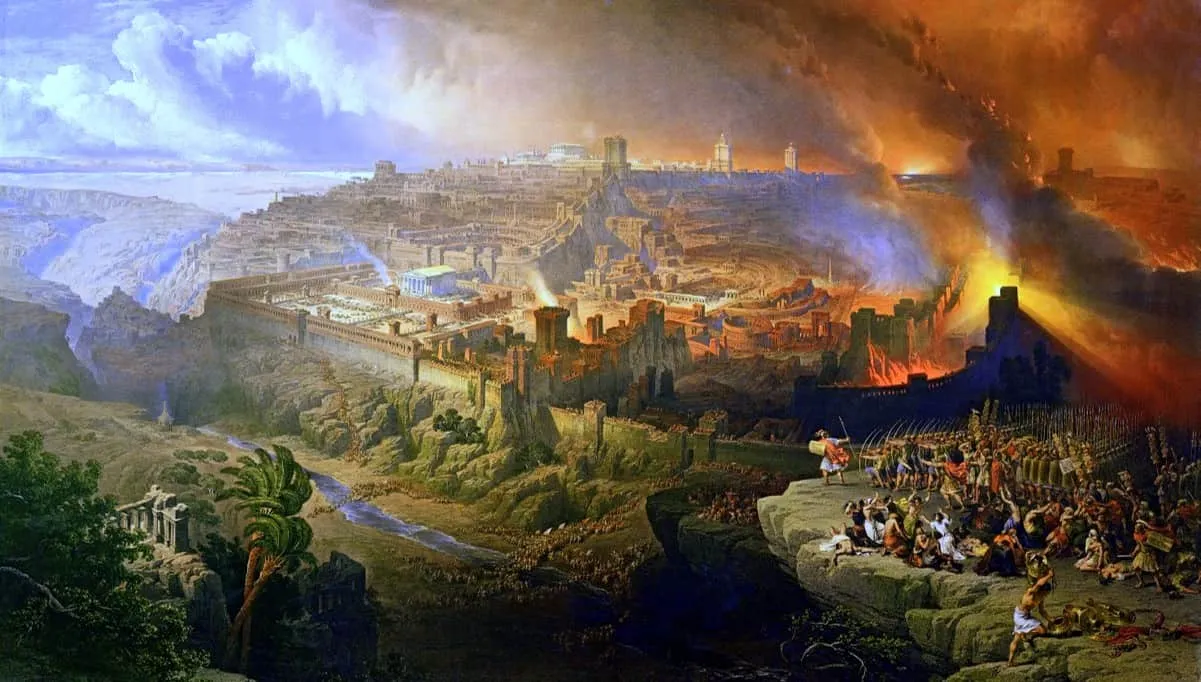
The Jewish Revolt and the Abomination of Desolation
One of the more pivotal events in the development of both Christianity and modern Judaism was the First Jewish Revolt, which started in 66 CE and culminated in the destruction of the Temple in Jerusalem in 70 CE. In a recent interview at the Latter-day Saint history blog From the Desk, Jared W. Ludlow discussed this…
